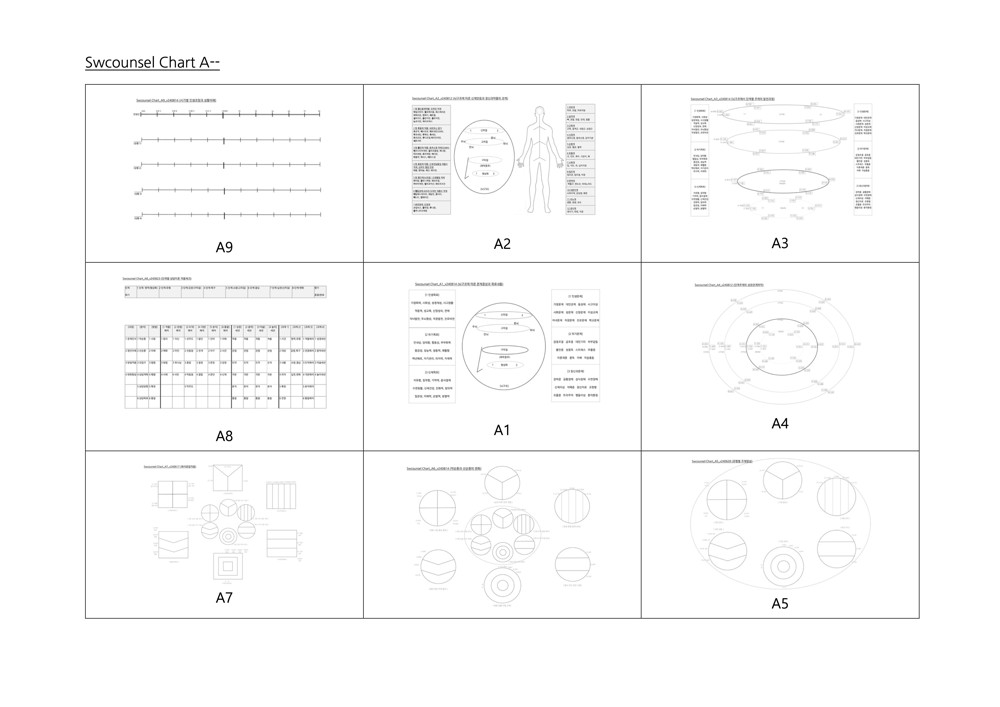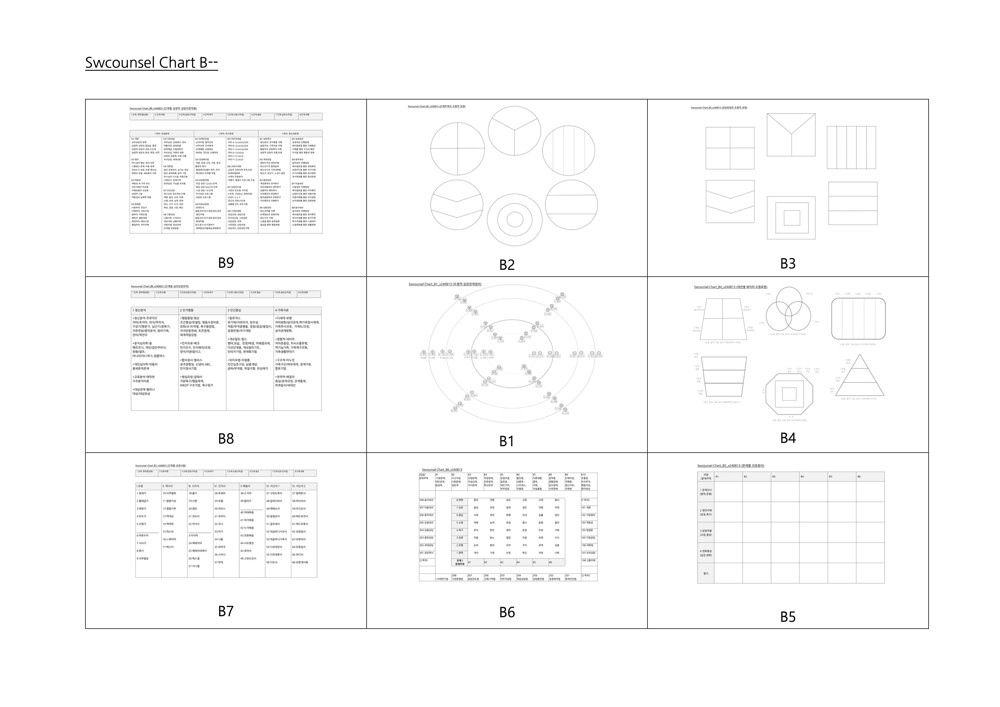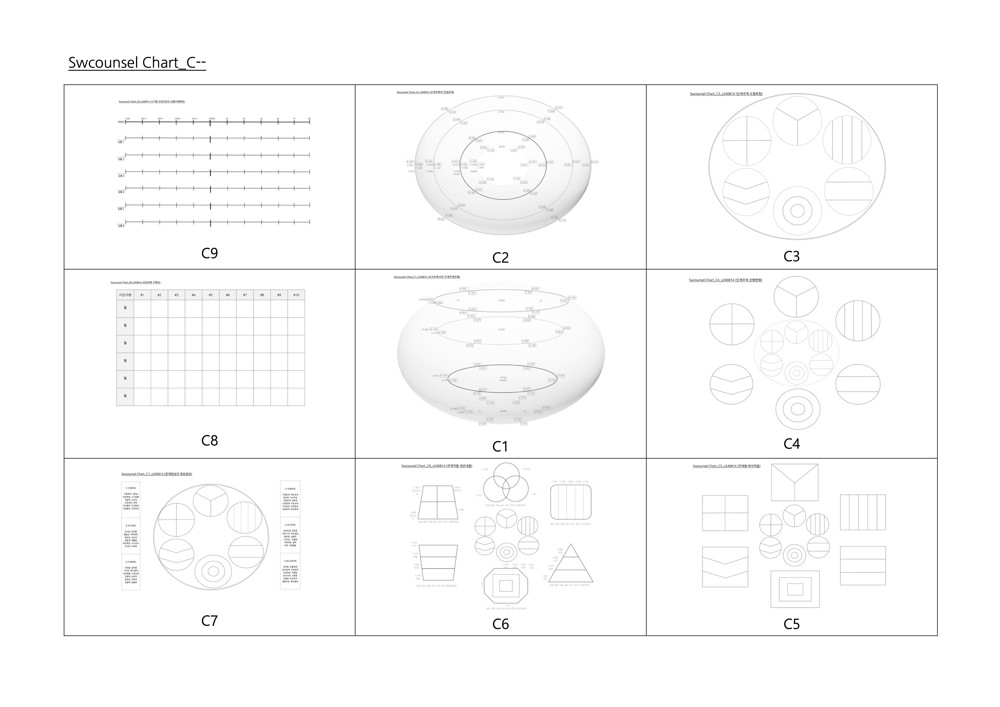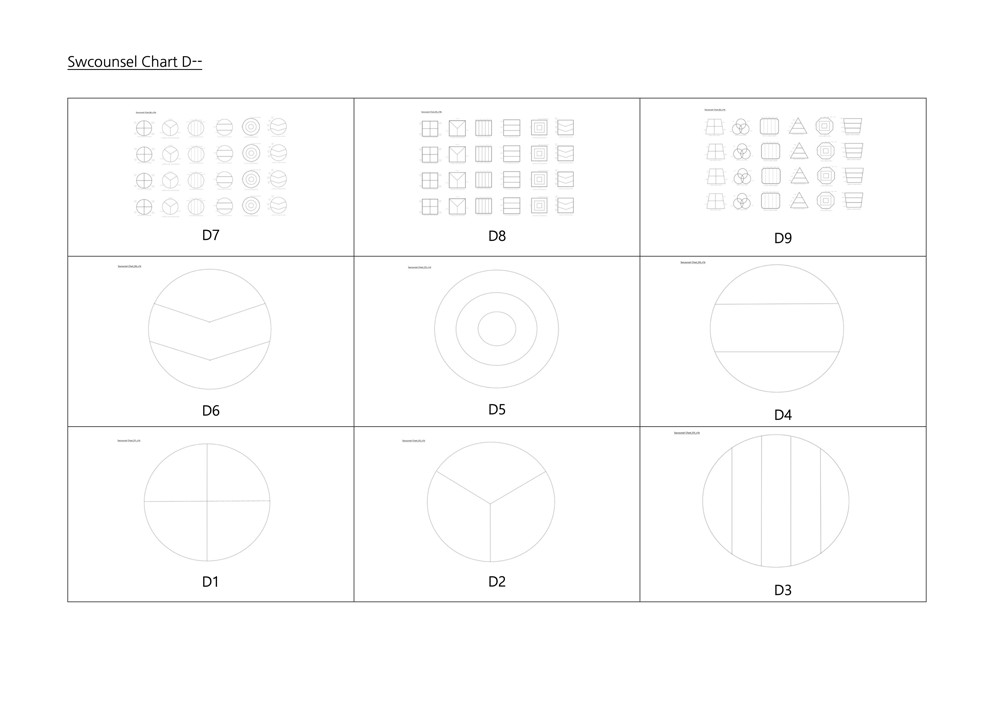국문 초록 (Abstract) 
본 논문에서는 상담학 분야에서 새롭게 시도되고 있는 이야기치료의 내용들을 살펴보고 성경적 상담 관점에서 이를 다루어보았다. 사람의 삶은 이야기를 떠나서는 살 수 없을 만큼, `이야기`는 개인, 문학, 영화 등 모든 분야에서 활용되어지고 있다. 사람의 마음을 흡입하고 공감할만한 `스토리`가 없는 드라마가 성공할 수 없듯이 어떤 `이야기`를 소유하고 있느냐에 따라 모든 개인이나 물건의 가치가 상승되는 시대가 되었다. 이야기는 상담 가운데에서도 자연스럽게, 그리고 필수적으로 드러난다. 누구나 생활 속에서 벌어지는 문제와 어려움을 가지고 있다. 문제의 이야기를 통하여 그 사람의 삶의 정황들이 소개되어지고 아픔이 드러나고 또 다른 이야기를 통해서 치유가 이루어지는 것이다. 이야기치료는 포스트모더니즘의 탄생과 맥을 같이 한다. 절대적 주권이 강조되어진 모더니즘에 반발하여 절대 가치의 추구를 반대하는 포스트모더니즘은 언제나 타자를 인정하고 겸손한 태도 가운데 상대의 이야기를 존중한다. 이야기치료는 어떠한 상황 속에서도 피상담자의 이야기를 받아들이고 피상담자의 판단과 선택을 존중하는 쪽으로 상담이진행된다. 상담자는 피상담자에 대한 정보와 선택에 대하여 `알지 못하는 태도`(notknowing position)를 지닌다. 피상담자의 입장을 `전문가`로서 인정하고, 그들의 판단을 전적으로 수용하고 받아들이는 상담태도는 절대 권력의 위치가 퇴색되어지는 현대 사회 분위기에는 환영받을만한 일이지만 성경적 상담의 관점에서는 점검할 여지가 있다. 왜냐하면 절대적인 기준이 희박해지는 세태 속에서도 여전히 `유일한 절대 가치`로 인정해야 하는 것이 `성경`이기 때문이다. 세상의 기준과 규칙은 변하지만, 성경은 우리 인간 삶의 표준이요 규례로서 존재한다. 그렇기 때문에 이야기치료에서 말하고 있는 `인간중심`의 상담 자세는 `하나님 중심`의 성경적 상담의 태도와는 맥을 달리 한다. 본 연구에서는 이야기치료의 정의, 사상적 배경 및 이야기치료를 구성하는 요소 및 과정들을 다루어진다. 그 가운데 상담진행에 있어서 이야기치료가 지니고 있는 긍정적인 부분을 논의되어진다. 이야기를 통한 상담의 적용과 이야기를 통해 권력계급의 해체를 이끄는 역할 등이 그것이다. 또한 성경적 관점에서 이야기치료가 품고 있는 인간관과 성경관, 그리고 상담자의 역할 등이 연구되어진다.
더보기
This thesis looks into the content of Narrative Therapy, which is a new experiment in the counseling field, and deals with it from the perspective of Biblical Counseling. A `Narrative` is used efficiently in many fields: personal history, literature, movies and so on, because people cannot live without stories. There is not a successful drama without a `narrative` that captivates and sympathizes the audience. We live in an era, when person`s or good`s value can be increased according to having certain `narrative`. A `narrative` is emerged naturally and essentially in the course of counseling. Everybody has his problems and difficulties happening in his life. Through the `narrative` of a problem, the situation of a man`s life is introduced, and his pain is also revealed. After that, there is a cure through another `narrative`. Narrative Therapy is in line with the birth of Post Modernism. Modernism emphasizes absolute sovereign authority. On the other hand, Post Modernism, which is against Modernism, always recognizes others and respect the others` story with a humble attitude. Narrative Therapy is processed toward to accept counselee`s story and respect his judgement and choice under any circumstances. A Counselor has the `not knowing position` about his counselee`s information and choice. As an expert, a counselor`s counsel attitude that recognizes counselee`s position is very welcomed in the atmosphere of modern society, where the position of absolute authority has been tarnished. However, there must be a reality check from the perspective of Biblical Counseling. Because the Bible should be regarded as `the only absolute value` despite the social condition weakening of absolute standard. The world`s standards and rules have changed, but the Bible still exists as the standard and rules and regulations in our lives. From that point, the counseling attitude of `people-oriented` in Narrative Therapy is differ from it of `God-oriented` in Biblical Counseling. This study looks through the definition and the ideological background of Narrative Therapy, and examines the components and the process of Narrative Therapy. Also the positive side of Narrative Therapy is discussed in the course of counseling. It is the application of counseling through a `narrative` and also it takes the role to dissect of the power of ruling class through a `narrative`. Furthermore, a viewpoint of human beings and the Bible in Narrative Therapy is discussed from the perspective of Biblical counseling. So is the role of counselor.
 shalom
shalom
 KISS
KISS




 원장
원장 bowjesus
bowjesus









